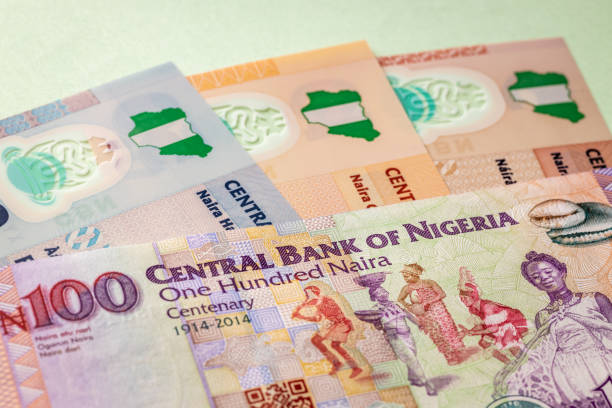
Nigeria’s economy has been on a remarkable journey. It is at the heart of the digital transformation sweeping the world, with technology reshaping industries from manufacturing to financial services – driven forward by the enterprise and ingenuity of the Nigerian people.
However, the dark clouds which have long overshadowed Nigeria’s economy cannot be overlooked – be they structural challenges, inefficiencies in state bureaucracy, immense public sector debt or onerous private sector regulation. They have caused stagnating growth and falling foreign direct investment in recent years with business platform, with Nairametrics, estimating capital imports from 2015-2022 were among the worst on record.
This could not endure, as limited growth and investment limits the full potential of Nigeria’s economy; denying many people their dreams, and wasting talent. As Africa’s largest economy, it is self-evident that when Nigeria does well, the rest of the continent does too. This is why a clear plan is needed to break through the clouds.
The naira’s recent flotation is a clear step in the right direction. It ends years of unnecessarily complex foreign exchange management, which made it harder to exchange naira revenues or dividends for dollars. This deterred some sources of capital from investing in the Nigerian economy – despite its huge potential – because of difficulties recouping it later.
The flotation has already encouraged more market activity as investors get excited about the new opportunities emerging. On the ground, the impact is more muted than some headlines may suggest.
Nigeria’s competitiveness will be boosted
I know this as the head of Africa’s largest fintech, Moniepoint, which services over a million customers across the continent.
Most of Nigeria’s economy has been operating previously at the parallel rate, where dollars were typically 40% more expensive. The necessary shift is more about internal corporate reporting.
Although the ideal exchange rate has not yet been reached, it will get there gradually over the coming months. In doing so, it will help cement Nigeria’s long-term competitiveness and its solid foundation for sustainable growth.
There is no doubt that Nigeria’s economy faces great challenges, such as servicing its public debt. But we have cause for optimism that things can be turned around. President Tinubu’s government is showing a steadfast commitment to a prudent pro-business agenda as part of its ambition to get growth going in the economy.
It is pushing ahead with asset privatisation that is reducing the state’s fiscal burden and creating opportunities for private investments. The World Bank has estimated its forex and petrol subsidy reforms could save Nigeria N3.9 trillion ($5.1bn) this year alone.
A win-win situation for Nigeria
The Nigerian economy is opening up to new opportunities, ideas and investment in the global marketplace. By allowing market forces to determine the exchange rate, Nigeria has taken a notable step to achieving a more stable currency valuation.
Growing investor confidence is a win-win. It will show the world how attractive Nigeria – and the wider continent – is as a place to do business. It will also benefit Nigerian businesses, especially financial service providers like the fintech industry, through increased capital inflows and knowledge sharing.
Nigeria has the fundamental assets to ensure its success as a modern economy – none greater than its people. They are naturally dynamic, ambitious and entrepreneurial. They are among the youngest in the world and want to seize the opportunities of the future.
After many years, the clouds over the Nigerian economy are slowly starting to fade away. There is still much work to be done. But with a renewed tailwind behind us, we can aim for brighter horizons ahead for Nigeria and people across Africa.
Source: Tosin Eniolorunda,
https://african.business/2023/07/trade-investment/the-dark-clouds-over-nigerias-economy-are-fading

